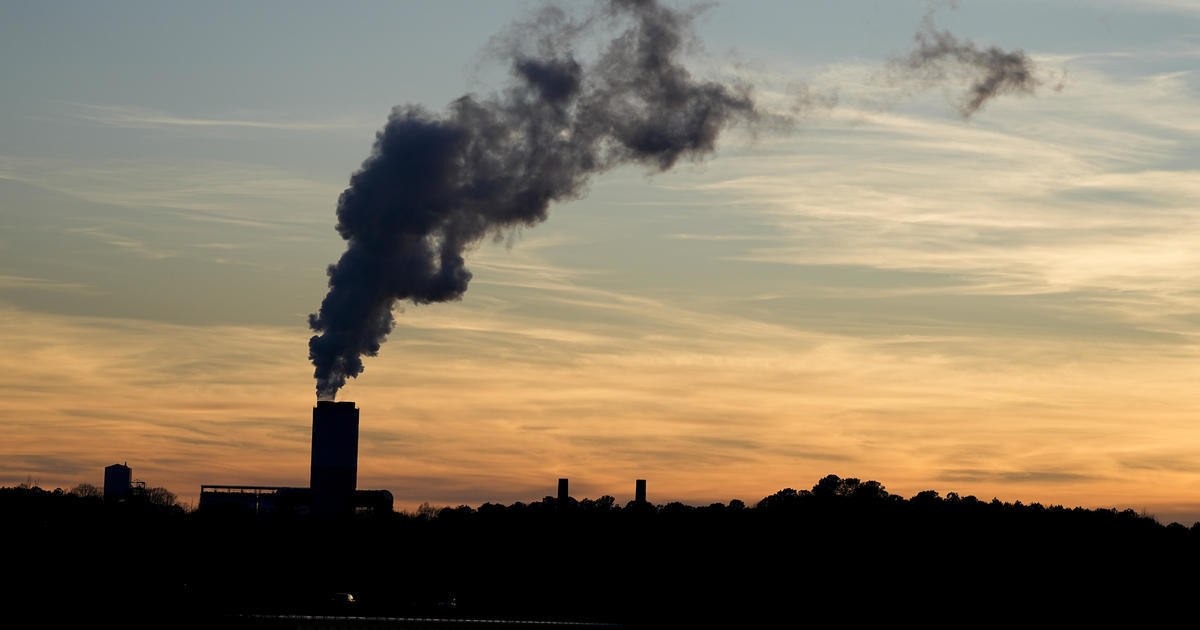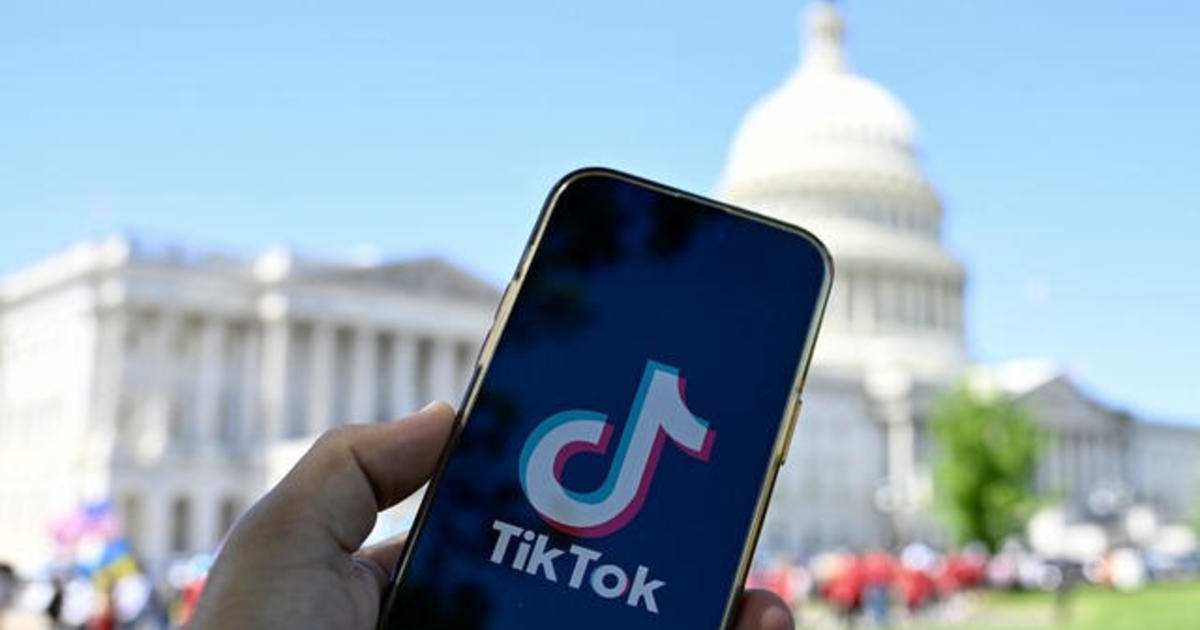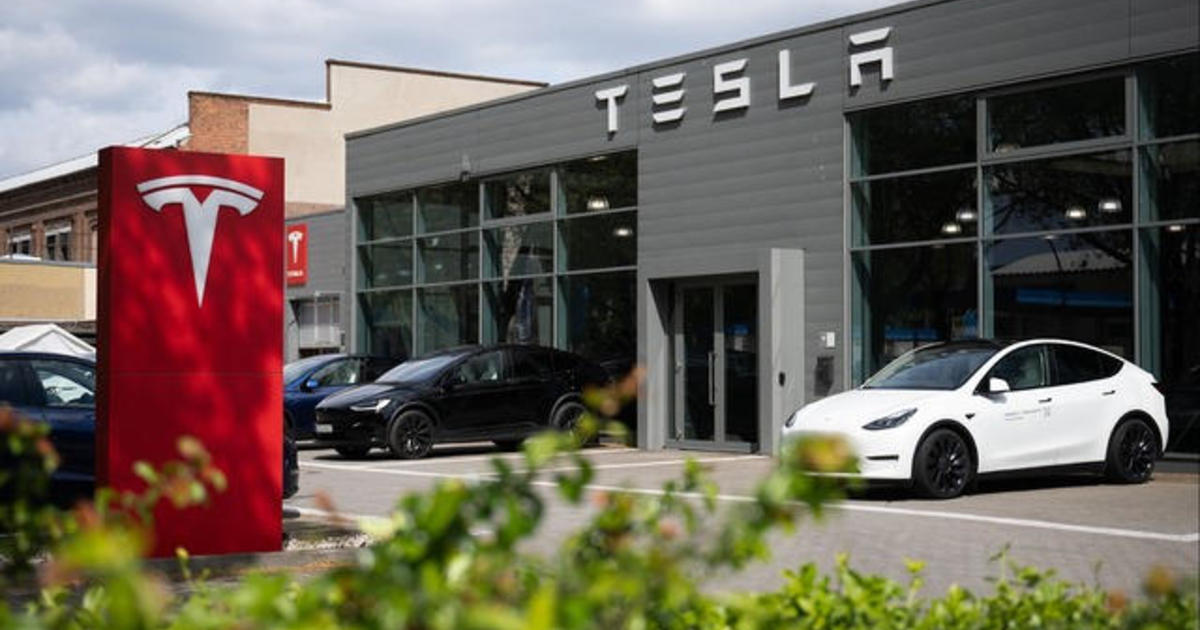Why California's bold electric-vehicle targets are so important for drivers — and the climate
California's push to phase out sales of new gasoline-powered vehicles in just over a decade represents a major step in driving the nation toward an all-electric future and reducing air pollution.
The California Air Resources Board (CARB) on Thursday approved bold targets for electric vehicle sales, along with new standards EV's range of travel and incentives for carmakers to sell them more cheaply. The plan marks a tectonic shift for the nation's most populous state and its largest car-sales market, auto industry and environmental experts said.
"This is the most significant change since we went from horses to vehicles 125 years ago," said Brian Maass, president of the California New Car Dealers Association.
Here's why the new rules promise to shake up the auto industry, juice America's shift to electric cars and help in the fight against climate change.
New gas cars won't be sold by 2035, but aren't outlawed
The rules set ambitious targets for car manufacturers, speeding California's already rapid adoption of EVs. Starting with model year 2026, 35% of new cars sold in the state will need to be electric. That's more than double the current penetration of EVs, which made up 15% of new vehicles sold in California in the first half of this year, according to the California New Car Dealers Association.
The state will require the percentage of EVs rises each year, reaching 100% by 2035. One-fifth of these cars are permitted to be plug-in hybrids, which run on batteries and gas. And the rules don't affect used vehicles, meaning that gas-engine cars will continue to be sold.
Tackling the biggest source of climate pollution
Cutting vehicle emissions directly tackles the biggest contributor to climate change in California — a state that is disproportionately feeling its effects through increased wildfires, heat waves and drought.
"In the U.S., transportation is the largest single source of global warming pollution, and in California the majority of those emissions come from passenger cars and trucks," David Reichmuth, senior engineer in the clean transportation program at the Union of Concerned Scientists, told CBS MoneyWatch. "So if we want to try to slow climate change, we absolutely have to address passenger cars and trucks,"
California regulators estimate that new targets will eliminate nearly 60 millions tons a year of greenhouse gasses and particulate matter, which causes asthma and other health problems. Less pollution means some 1,200 fewer people per year will die from heart or lung problems, CARB projects.
Ambitious timeline
The speed of the transition could create a challenge for carmakers, which during the pandemic have struggled to produce enough cars — of any type — to meet consumer demand.
"Right now we're dealing with a supply shortage in the automotive industry, and if it goes on it may actually be hard for automakers to hit their targets, and not through any fault of their own or even the consumer demand," said Jessica Caldwell, executive director of insights at Edmunds.
Infrastructure, too, presents a challenge. California now has about 80,000 charging stations, far short of the 250,000 it aims to have by 2025. Lagging construction of charging infrastructure and high materials costs were among the objections that automakers raised to the ambitious timeline for encouraging EV sales.
"Most car makers are committed to a zero-emissions future — it's a question of how fast they can achieve it," said Maas of the dealers' association. "The real question, and one that is unanswerable at this point, is whether consumers are prepared to buy these vehicles as fast as CARB wants to mandate them."
More affordable electric vehicles — down the road
The new rules are likely to make car-buying pricier for Californians in the short term, while over the longer term likely making zero-emissions vehicles cheaper. The typical EV today costs over $60,000, about $12,000 more than typical gasoline-fueled vehicle.
"Adding these standards in the near term is going to introduce cost. It's going to save [consumers] on gasoline and maintenance costs, but the upfront costs are going to be high," said Josh Linn, a professor in agricultural and resource economics at the University of Maryland and senior fellow at the nonprofit Resources for the Future.
However, Linn and other experts noted that, as battery prices continue to fall and automakers roll out more EVs, they will gain savings of scale and be able to pass those savings to motorists.
"One thing we've seen over and over again is that companies, as they start to make new products, the cost of each of those new units falls dramatically," said Kathy Harris, clean vehicles and fuels advocate at the Natural Resources Defense Council. "The cost of solar panels fell 90% over 10 years. As more automakers make more EVs, we should see the cost come down."
The rules also nudge auto manufacturers to make electric cars more affordable, including incentives to produce vehicles sold for $20,300 or less, opportunities to invest in car-sharing programs, and credits for discounted used cars sold to low-income people.
Impact likely to ripple far beyond California
California is a trend-setter in emissions standards. More than a dozen states, representing a third of the U.S. vehicle market, follow its air quality rules. Other states, including Colorado, Massachusetts, New York, Oregon and Washington, have set their own zero-emissions car targets.
Carmakers, too, have invested heavily in EV production, putting more than $80 billion toward building new clean vehicles in coming years. That investment, along with historic federal funding in the form of the Inflation Reduction Act, is expected to boost EVs nationwide.
"Many companies are putting a lot of money behind what they are saying — production facilities, research and development," said Linn of the University of Maryland. "Car companies are setting certain goals They're making a real commitment to switching from gasoline to electric."
He added, "Each of these policies make it easier to go further."



